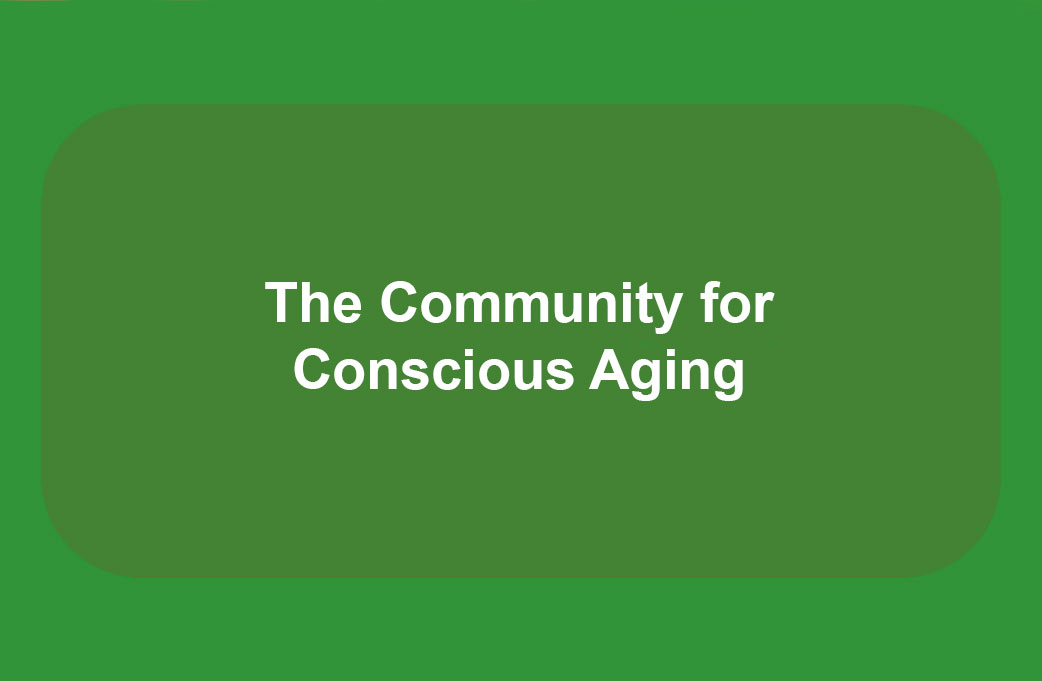Armor up!: Improving Brain Health to Protect Yourself Against Dementia (Online)
Admission
- Free
Summary
Kendra Anderson
Wednesday, Oct 18
3 - 4pm CT
Learn some healthy lifestyle tips intended to preserve cognitive functioning and to help prevent different types of dementia.
Description

Hope in the Hard Conversations about Alzheimer's and Dementia
A Series brought to you by The Jung Center's Community for Conscious Aging
Jung wrote that “as far as we can discern, the sole purpose of human existence is to kindle a light in the darkness of mere being.” But what can we do, what consciousness can we bring to light, when the brain and nervous system are directly affected by the symptoms of cognitive illnesses like Alzheimer’s and dementia? Join us throughout October as we discover that, even in the darkest of situations, there is still hope for self-discovery, meaning-making, and finding sources of joy – for everyone involved.
Armor up!: Improving Brain Health to Protect Yourself Against Dementia
Dr. Kendra Anderson of UTHealth Neurosciences at McGovern Medical School continues the Community for Conscious Aging's discussion of dementia and Alzheimer’s. Picking up where the Dr. Hannah Combs discussion of dementia assesments ended, we'll explore how neuropsychologists work with other providers to determine the best line of care for the type of dementia being experienced. What is it like to live with the different kinds of dementia? How does the development of dementia progress through different stages? Pivotally, what are the different treatment approaches that slow the progression of different kinds of dementias? The medical field and the care of a physician can provide interventions such as medication and lifestyle change suggestions – plus brand new research underway helping to reach better treatments or even possible cures – to help manage the effects of dementia on those affected. Join us to learn some healthy lifestyle tips intended to preserve cognitive functioning and to help prevent different types of dementia.
This livestreaming program can be taken from home or anywhere with an internet connection. If you register, you will be emailed viewing instructions either the evening before or the morning of the event. Please be sure to check “spam” and “junk” folders!
This class will be recorded. Recordings will be made available on the CCA website within two weeks after the program.
All times are CT. Please contact onlinelearning@junghouston.org with any questions.
Dr. Kendra Anderson is a clinical neuropsychologist and Assistant Professor of Neurology at UTHealth Neurosciences at McGovern Medical School. She is a clinical neuropsychologist with clinical interests in assessment and differential diagnosis of neurocognitive disorders, including dementias, stroke, multiple sclerosis, and movement disorders. She also serves as a consult neuropsychologist in an interdisciplinary clinic for individuals diagnosed with Huntington’s disease, where she provides brief neuropsychological assessments and mental health assessments for predictive genetic testing. Her research interests include issues involving access and health disparities in brain health, and non-pharmacological interventions for neuropsychiatric symptoms among adults with neurocognitive disorders. She is a founding member of the Society for Black Neuropsychology (SBN), and the current President of the Houston Neuropsychological Society (HNS).
